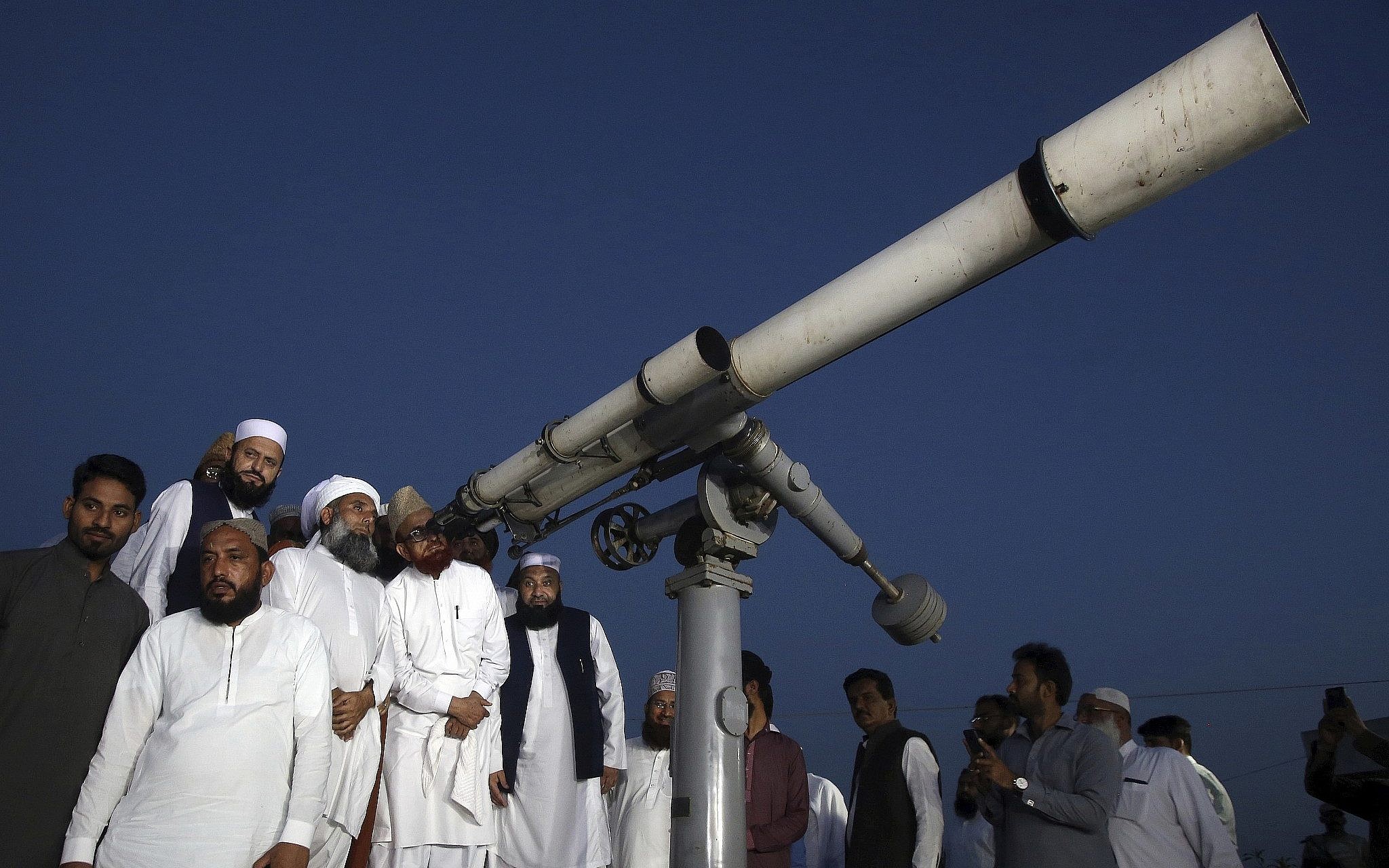Millions of Muslims around the world will begin observing Ramadan on Monday, March 11th, after religious authorities in Saudi Arabia announced the sighting of the crescent moon on Sunday evening. This marks the start of the ninth month in the Islamic lunar calendar, a holy period dedicated to prayer, fasting, and reflection.
The announcement by Saudi Arabia, which holds significant influence in the Islamic world, was swiftly followed by declarations from other Gulf Arab nations including the United Arab Emirates, Qatar, Iraq, Syria, and Egypt. These countries will all commence their fast on Monday.
However, the start date of Ramadan can vary slightly depending on geographical location and the method used to determine the beginning of the lunar month. While some countries rely on astronomical calculations, others base their decision on the actual sighting of the crescent moon by religious officials. This year, some Asian and Pacific nations, such as Australia, Indonesia, Malaysia, and Singapore, are expected to begin Ramadan on Tuesday, March 12th, after failing to observe the crescent moon on Sunday night.
The holy month of Ramadan is a time for Muslims to focus on their spiritual well-being. During daylight hours, observant Muslims abstain from food, drink, and other sensual activities. This practice of fasting, known as Sawm, is intended to cultivate self-discipline, empathy for the less fortunate, and a closer connection to God.
Fasting is not obligatory for Muslims who are elderly, ill, pregnant, traveling, or breastfeeding. Children are also exempt until they reach puberty. However, many families use Ramadan as an opportunity to instill religious values in their younger members through shared meals before dawn (Suhoor) and after sunset (Iftar).
Ramadan is also a time for increased charitable giving and community spirit. Mosques host nightly prayers known as Taraweeh, and families and friends gather for Iftar meals to break their fasts together. The month culminates in the joyous celebration of Eid al-Fitr, a three-day festival marked by special prayers, gift-giving, and elaborate feasts.
This year's Ramadan comes amidst a complex geopolitical landscape. The ongoing conflict in Gaza casts a shadow over the celebrations for many Muslims, prompting calls for peace and unity. Religious leaders around the world have urged worshippers to use Ramadan as a time to pray for an end to hostilities and for the well-being of those affected by the violence.
As Muslims around the world prepare to embark on their spiritual journey, the start of Ramadan signifies a time of introspection, social connection, and renewed faith.

